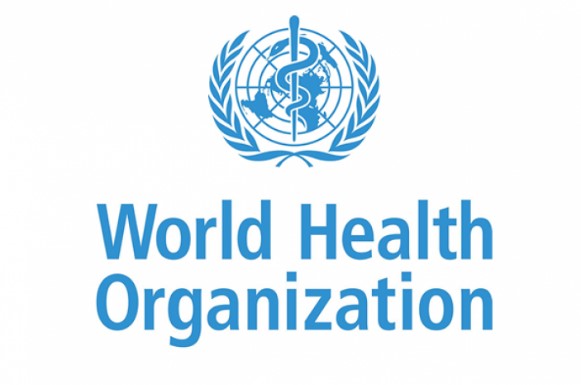The recent smoke scare in New York City has left a lasting impact on me, prompting me to monitor the Air Quality Index (AQI) every hour. It all started with a particularly smoky day that made me acutely aware of the importance of tracking air quality.
On that fateful day, I stepped outside and immediately noticed a haze lingering in the air. The smell of smoke filled my nostrils, and it was clear that something was amiss. As I went about my daily activities, the smoke became increasingly pervasive, making it difficult to breathe and obscuring visibility.
Curiosity led me to investigate the source of this alarming condition. It turned out that a nearby wildfire was the culprit, sending plumes of smoke into the city. The incident served as a stark reminder of how vulnerable we are to the impacts of environmental factors, even in an urban setting like New York City.
As the smoke persisted, I became concerned about the potential health hazards associated with breathing in such polluted air. I started experiencing symptoms like coughing, wheezing, and watery eyes. It was a wake-up call that made me realize how crucial it is to stay informed about air quality conditions.
To gain a better understanding of the situation, I began checking the AQI every hour. The Air Quality Index provides a standardized measurement of air pollution levels, allowing individuals to assess the potential health risks associated with different levels of pollution. It categorizes air quality into several levels, ranging from good to hazardous.
By regularly monitoring the AQI, I could stay updated on the air quality conditions in my area. This information helped me make informed decisions about outdoor activities, whether it was going for a jog, spending time in a park, or simply opening my windows for fresh air. It also guided me in taking appropriate precautions to protect my health, such as wearing masks or using air purifiers when necessary.
The NYC smoke scare served as a powerful reminder of the importance of safeguarding our respiratory health. It highlighted the need to be proactive in monitoring air quality and taking necessary measures to mitigate the adverse effects of pollution. By staying vigilant and informed, we can better protect ourselves and contribute to the collective effort of creating cleaner and healthier environments.
Now, I find myself constantly checking the AQI, not only during smoky situations but also as a habit to stay mindful of the air I breathe. It has become an integral part of my daily routine, reminding me of the profound impact that air quality can have on our well-being. Through this newfound awareness, I hope to inspire others to prioritize their respiratory health and join the movement for cleaner air.










